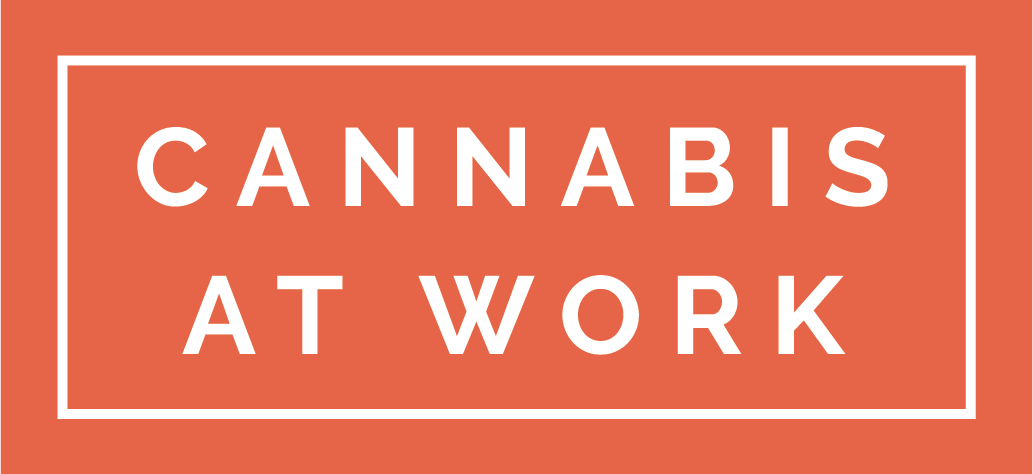Employee performance reviews are an integral part of effectively managing your employees… especially in the cannabis industry. With Cannabis 2.0 opening up new opportunities and challenges within the industry, it’s important that your employees are equipped to manage coming changes. Ongoing feedback and evaluation will help build you team, improve your organizational culture, and enhance operational efficiency!
Not sure where to start? We’ve put together your guide to employee performance reviews in the cannabis industry.
What is an employee performance review?
Performance reviews are your opportunity to provide employees with valuable feedback on their job performance. Employee performance reviews generally include both written and oral elements, and can be formal, informal, or semi-formal; depending on what suits your organization’s needs. They can be held annually, quarterly, or during whatever timeframe is appropriate for you. Most importantly: make sure they are ongoing, consistent, and expected by staff and management.
During a performance review, you should generally:
Tell your employee what goals and standards were met and exceeded
Tell your employee what goals and standards were not met
Provide your employees with advice on ways to improve performance to meet said goals and standards
Set goals and standards for the coming year, quarter, etc…)
Why are employee performance reviews important?
Help your employees grow
Employees want to know how they’re doing. Nobody wants to be left in the dark about their job performance! Make your employees aware of their strengths and places for improvement. Feedback, coaching, and ongoing training is the way to build strong, confident, knowledgeable employees.
Make compensation, promotion & discipline transparent
Promotions, awards, additional compensation, and disciplinary action should never come as a surprise. Any action taken to reward, or punish an employee should always be fair and transparent. Ongoing feedback will never leave an employee confused about why they didn’t receive a promotion while someone else did, or why they’re receiving disciplinary action. Coaching through feedback can also help employees work towards promotion, bonuses, or advancements they are hoping for.
Build organizational culture
Engaging with your employees about their work strengthens loyalty, communication, and improve employer-employee relationships. Genuine, open, and real conversations surrounding job performance shows you care about your employees, their personal growth, and career aspirations.
How do I conduct an effective employee performance review?
Deliver feedback frequently
Get into the habit of delivering regular feedback outside of planned performance reviews. You should provide informal and semi-formal feedback throughout the period—the points brought up during reviews should not come as a surprise!
Document performance
Keep a record of all employee infractions, write-ups, and achievements. Make notes when you provide feedback to an employee throughout the period. This way, come review time, you have a full record of your employees growth, successes, and areas for improvement. Proper documentation will allow you to provide the most accurate, relevant review possible.
Prepare ahead of time
If you want your review to be useful for both you and your employee, come prepared. Review your records beforehand, and bring a document with all your talking points.
If you feel it fits your organization's needs, use a template and fill out a proper performance review form.
Do it face-to-face
Your employees deserve conversation and genuine engagement during their feedback! Don’t send out an email or schedule a brief phone call. Instead, set aside the time to meet with your employee face-to-face so you can properly delve into their performance review.
Be honest & specific: use tangible examples
Don’t beat around the bush, fluff things up, or try to lighten serious criticism. If your employee has a major area for improvement, be honest! But, never criticize their personality or be unkind in your review. Use tangible examples to back up your points.
For example: don’t say something like “you’re rude and have poor customer service abilities”. Instead, say something like “we had three customers express concerns about your engagement while they were in the store.”
On the flip side of that, don’t shy away from honest positive feedback! Once again, avoid vague compliments—they could come off as favouritism. Give an example of a behaviour or action you appreciate and encourage them to continue.
Always remain clear and concise in your delivery. Stand your ground on all of your feedback!
Set clear standards and goals
Focus on the future! Be clear with your employee about what behaviours needs to stop, and which you’d like to see continue. Always be transparent about your organization’s standards and expectations of performance. In the areas your employee falls short, work with them to set long-term goals for improving their performance.
Remember provide concrete goals and objectives to work towards.
Make it a two way conversation
Reviews are as much of an opportunity to receive feedback as they are an opportunity to give. Use them as a chance to listen to your staff. Your employee might bring up concerns about the workplace that are impacting their performance.
Sometimes there are things about jobs structure, design, expectation, or training that are negatively impacting employee performance. It’s easy to observe areas employee performance is lacking; open, two-way conversation can help reveal the hidden barriers to employee excellence. Maybe your employee feels they didn’t receive enough training in a specific area, or they don’t fully understand new changes to cannabis legislation, or they weren’t properly briefed on a new line of products. Sometimes you won’t know until you ask!
You don’t need to act on these concerns immediately, but keep a record of any feedback you receive.


